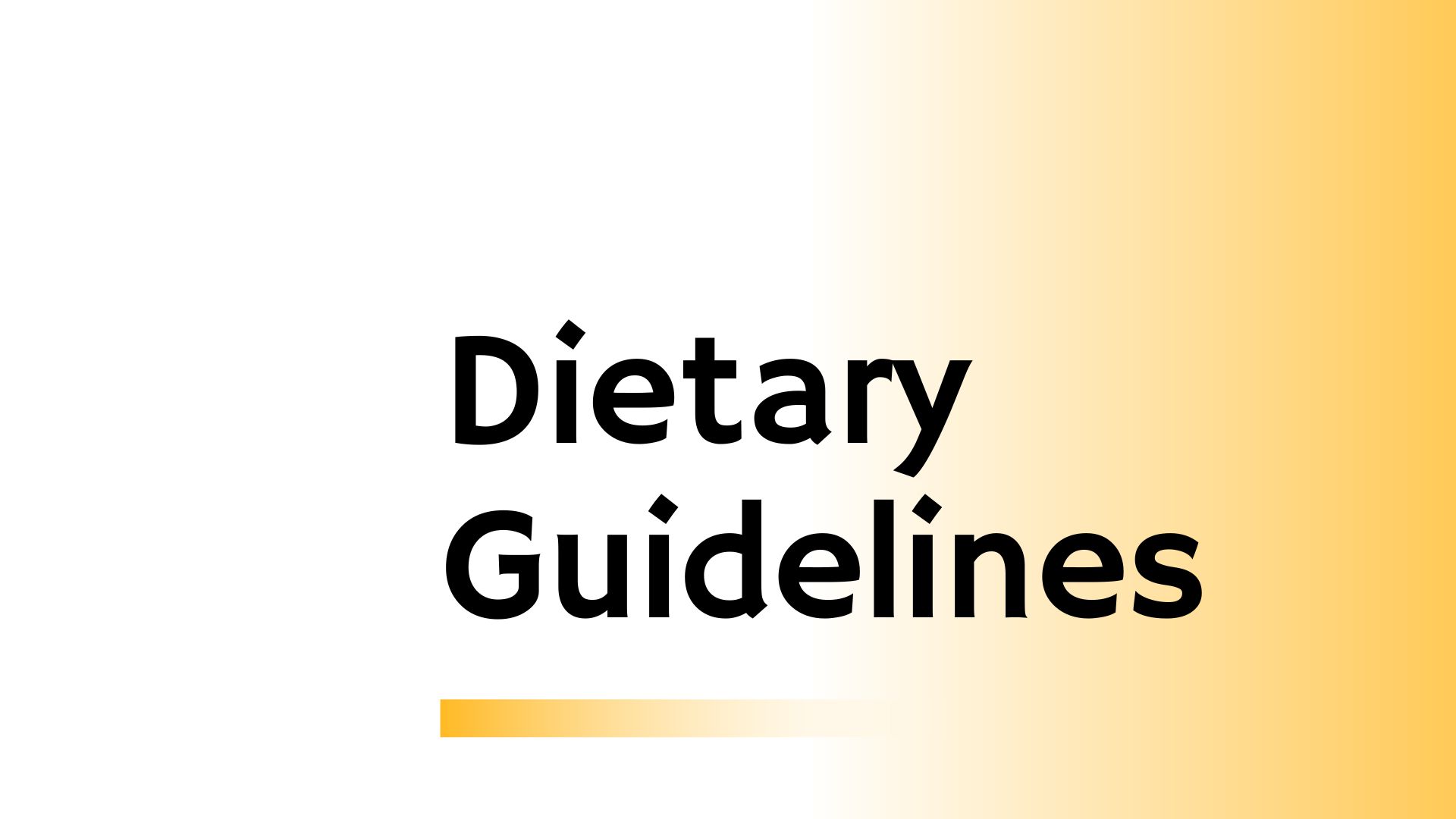Weight Loss Diet Tips for Busy Professionals

A packed schedule makes healthy eating and exercise a constant battle. Add the pressure of weight loss, and it can feel insurmountable. Stress amplifies this struggle, triggering a hormonal cascade. Adrenaline, noradrenaline, and cortisol flood the system, driving cravings for high-fat, high-sugar comfort foods. This is a physiological response, as these foods stimulate the release of feel-good hormones that temporarily counteract the negative effects of stress.
Common Weight Management Challenges for Busy Professionals
Busy professionals often encounter obstacles in their weight management journeys which include
- Time Constraints and Schedule Demands– Long hours and unpredictable schedules make meal planning and consistent exercise difficult. Reliance on quick, often unhealthy, food options due to lack of time.
- Stress and Emotional Eating– High-pressure work environments contribute to chronic stress, leading to emotional eating and cravings for comfort foods. Lack of time for stress-reducing activities.
- Sedentary Lifestyle– Desk-bound jobs limit physical activity, making it challenging to burn calories. Limited opportunities for movement throughout the workday.
- Travel and Erratic Eating Patterns– Frequent travel disrupts routines, making it hard to maintain healthy eating habits. Access to limited healthy food options while traveling.
- Lack of Sleep– Work-related stress and long hours often lead to sleep deprivation, which affects metabolism and increases cravings. Lack of sleep also decreases energy needed to exercise.
- Obsession with the Scale– Focusing solely on weight can lead to unhealthy behaviors and eating disorders, especially with fluctuating work stress. Muscle gain can often be counteracted by fat loss, leading to a false sense of failure when only looking at the scale.
- Inappropriate Calorie Intake– Difficulty balancing calorie intake with busy schedules, leading to either undereating or overeating. Improper calorie intake can lead to muscle loss.
- Over Exercising– When time is available, some professionals over do it, leading to injury, or burnout.
- Nutrient Deficiencies– Lack of time for proper meal planning can result in inadequate intake of protein, fiber, and other essential nutrients. Reliance on fast food and processed meals.
- Unrealistic Goals- Setting unrealistic weight loss goals can lead to frustration and discouragement, especially when balancing work and personal life. Lack of time makes it harder to achieve very aggressive goals.
Squeezing Healthy Habits Into Your Busy Schedule
The Comfort Food Trap

Comfort foods (pasta, cakes, cookies) provide temporary calming effects. Long-term consequences include weight gain, inflammation, and poor sleep. These contribute to increased risk of serious health issues (heart disease, cancer).
Strategies for Healthy Eating and Exercise
- Plan and Prep Ahead
- Allocate time for weekly meal preparation.
- Prepare casseroles, crockpot meals, and ready-to-eat snacks (fruits, vegetables).
- Pre-marinate meats or buy pre-cooked proteins.
- Choose Whole Foods
- Opt for foods rich in fiber, vitamins, and minerals.
- Focus on a plant-based diet.
- Utilize pre-packaged salads, pre-cut produce, and grab-and-go fruits.
- Start with a Balanced Breakfast
- Maintain stable blood sugar levels.
- Include a mix of carbohydrates, protein, fat, and fiber.
- Carbs provide energy, protein provides satiety, and fiber promotes fullness.
- Prioritize Protein
- Reduce overeating by increasing protein intake.
- Protein regulates blood sugar and promotes fullness.
- Consume diverse protein sources (lean meat, chicken, fish, lentils, nuts, seeds, protein-rich grains).
- Squeeze in Exercise
- Break workouts into shorter, manageable increments (10-15 minutes).
- Increase daily movement (stairs, longer walks, walking during calls).
- Remember Your Why
- Reflect on your motivation for weight loss and healthy habits.
- Reconnecting with your goals helps maintain consistency.
- Maintain a Food and Weight Diary
- Track daily food intake and weekly weight to monitor progress.
- Use apps, websites, or paper diaries.
- Be mindful of potential obsessive behaviors.
- Eliminate Liquid Calories
- Avoid sugar-sweetened beverages, juices, and excessive alcohol.
- Opt for water, unsweetened tea, or coffee.
- Don’t mistake thirst for hunger.
Dietary Guidelines That You Should Follow

- Avoid skipping meals.
- Maintain consistent meal times to prevent gastric issues.
- Drink 2-3 liters (8-12 glasses) of water daily to prevent dehydration.
- Monitor your water intake.
- Limit oil and fat consumption to approximately ½ liter per month.
- Include oilseeds (seeds) for healthy fats, fiber, and protein; add them to salads, porridges, or eat them roasted.
- Limit refined sugars and carbohydrates: biscuits, white bread, pastries, pizzas, burgers, etc.
- Avoid deep-fried foods: kachori, bhajiyas, fried meats, etc.
- Reduce salted products: papad, pickles, chips, wafers, etc.
- Avoid concentrated fruit juices and syrups.
Lifestyle Guidelines

- Aim for 6-7 hours of quality sleep.
- Practice 15 minutes of daily meditation.
- Engage in regular exercise 3-4 times per week.
- Aim for 45-60 minutes of moderate-intensity activity daily.
- Include activities like brisk walking, jogging, swimming, cycling, yoga, or Zumba.
- Combine cardio and weight training for optimal weight management.

